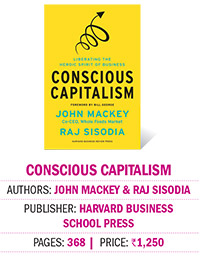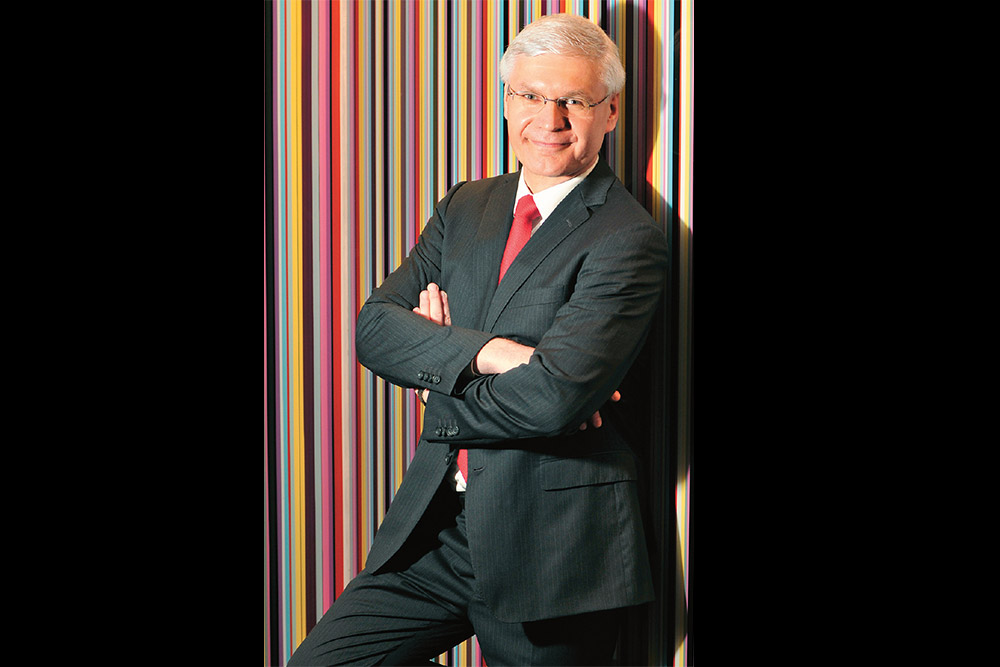
A board member of a global credit card company once commented, “I never read business books. They are written by people who don’t do business. I prefer Harry Potter.” She reflected the view that many business books push simplified frameworks rather than acknowledge the complexities of the world and the necessity of solid research and a multi-stakeholder view.
Conscious Capitalism, co-authored by John Mackey, co-CEO of Whole Foods Market, and Raj Sisodia, professor of marketing at Bentley University, raises valid points about ‘heroic entrepreneurs’ and ‘conscious companies’ that are ‘butterflies’ as opposed to the normal ‘caterpillar’ companies, focused only on profit optimisation and shareholder value. However, it promotes an oversimplified, US-centric framework, which makes it a somewhat lengthy read.
A key tenet of the book is the belief in the goodness of the capitalist system and the ‘real’ capitalist entrepreneur. As the authors put it, “Business is good because it creates value, it is ethical because it is based on voluntary exchange, it is noble because it can elevate our existence, and it is heroic because it lifts people out of poverty and creates prosperity”. Conscious entrepreneurs are not driven by profit maximisation but understand that sustainable business requires the creation of win-win solutions.
Mackey and Sisodia describe leaders who are motivated by the firm’s higher purpose of creating value for all stakeholders rather than by the size of their paycheque. Whole Foods Market, for example, caps leadership compensation at 1:19 of average team member salary versus the 1:351 ratio that is the US average. Compensation across the company’s top leadership team is equal, and 93% of its stock options are distributed to regular employees, against the common practice in the US where 75% of all stock options go to the top five people.
Conscious culture and management revolves around decentralisation, empowerment and collaboration. An example that illustrates such a culture is that of a Whole Foods market employee on Christmas Eve. Faced with an approaching snowstorm and a breakdown in the store’s billing system, he decided to give food free to customers. The loss was $4,000, but the subsequent media resonance that grateful customers created outweighed the investment.
The profits of conscious companies are above normal, according to Mackey and Sisodia, since they spend on team member happiness, a great customer experience and high quality products but save on frequent sales promotions, high levels of team member turnover and administrative overheads. The assumption of enlightened human beings driving the progress of such companies and re-inventing capitalism in a conscious way, however, seems overly optimistic. Checks are necessary to keep ‘caterpillars’ from harming stakeholders and the environment, and governments have a very important role to play.
Lastly, even butterflies may have spots on their wings. The SEC investigation against Mackey (he blogged under a false name against a competitor he was in the middle of a takeover battle with, and which was later acquired by Whole Foods Market) is mentioned. Not surprisingly, described only from his point of view.











